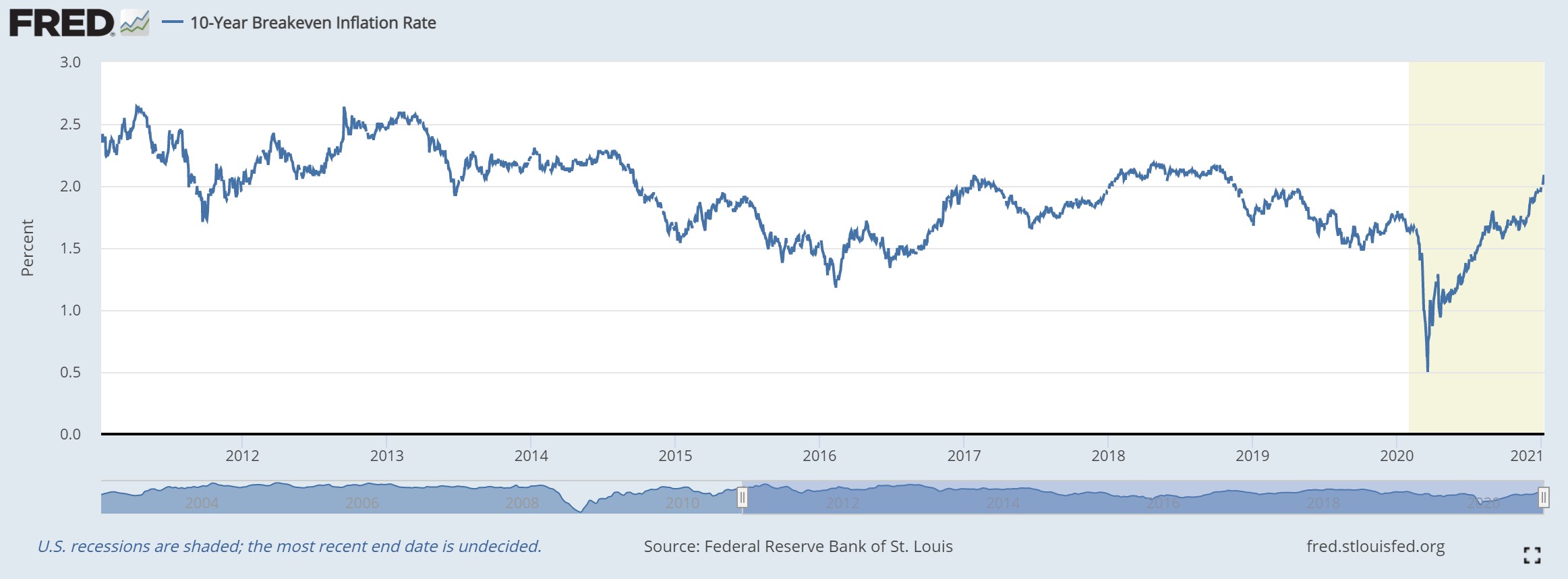By using our website, you agree to the use of cookies as described in our Cookie Policy
Blog
Fallout from the Georgia Senate Runoffs
The November 3rd election appeared to be a mixed bag for the Democratic Party. Joe Biden won the Presidency, but by a significantly narrower margin than had been forecast. Even worse for Democrats, they fell well short of expectations in the House, where their majority narrowed instead of grew, and in state legislature races, where they failed to make significant gains. But the greatest failure of all was in the Senate, where Democrats lost races in Maine and North Carolina, in which they were favored, and emerged with only 48 seats. The Biden legislative agenda appeared to be dead on arrival even before the inauguration.
Unexpectedly, though, Democrats swept the 2 Georgia Senate runoff seats last Tuesday, giving them the narrowest of majorities with 50 seats (plus the Vice President’s tiebreaking vote), to 50 seats for Republicans. The legislative calculus has dramatically changed, and we would have heard much more from this story last week except that the Capitol was unfortunately otherwise occupied.
With the Senate filibuster likely to remain intact, legislation such as Medicare for All would require the support of 10 Republican Senators, which is a virtual impossibility. However, as budget-related legislation (with certain restrictions) requires only majority support, Democrats can use a reconciliation bill to advance portions of their legislative agenda that have an impact on the budget.
What would Democrats be able to pass under reconciliation? Additional stimulus is a likely possibility, as is aid to state and local governments, whose budgets have been hurt by the COVID pandemic. Infrastructure spending, healthcare funding, student debt relief, and green energy subsidies seem to fit within the reconciliation framework as well.
Keep in mind, though, that any legislation must get 50 votes, which means either unanimous Democratic support, or support from some Republican Senators. So moderate Democrats, such as Joe Manchin or Kyrsten Sinema, and moderate Republicans, such as Susan Collins or Lisa Murkowski, hold significant leverage. Moreover, any legislation must also pass the House, in which Democrats hold an extremely slim majority. While we believe it’s likely that some sort of reconciliation/stimulus bill will ultimately pass, the sausage-making process will be quite intense.
As for market reaction, stocks rose last week after the Georgia Senate results, presumably in part because markets expected the impact of more stimulus to outweigh the effects of potentially higher corporate and income taxes. Interest rates, already on the rise, continued their uptick, as the 10-year rate finally broke the 1% mark, settling at 1.13% as of Friday, January 8th. Inflation expectations have risen slightly as well.

With loose monetary policy, and increased debt-financed spending, it’s not surprising to see rates start to climb. Still, as the chart above shows, expected inflation still sits comfortably at about 2%, which is in line with the expected inflation rate over the past decade. President Trump ran the economy quite hot, with high deficits and low interest rates, and the results were lower unemployment without a corresponding rise in inflation. It appears that Joe Biden and Congressional Democrats will be able to continue this experiment, hoping for similar results.
JMS Capital Group Wealth Services LLC
417 Thorn Street, Suite 300 | Sewickley, PA | 15143 | 412‐415‐1177 | jmscapitalgroup.com
An SEC‐registered investment advisor.
This material is not intended as an offer or solicitation for the purchase or sale of any financial instrument or investment strategy. This material has been prepared for informational purposes only, and is not intended to be or interpreted as a recommendation. Any forecasts contained herein are for illustrative purposes only and are not to be relied upon as advice.
‹ Back








